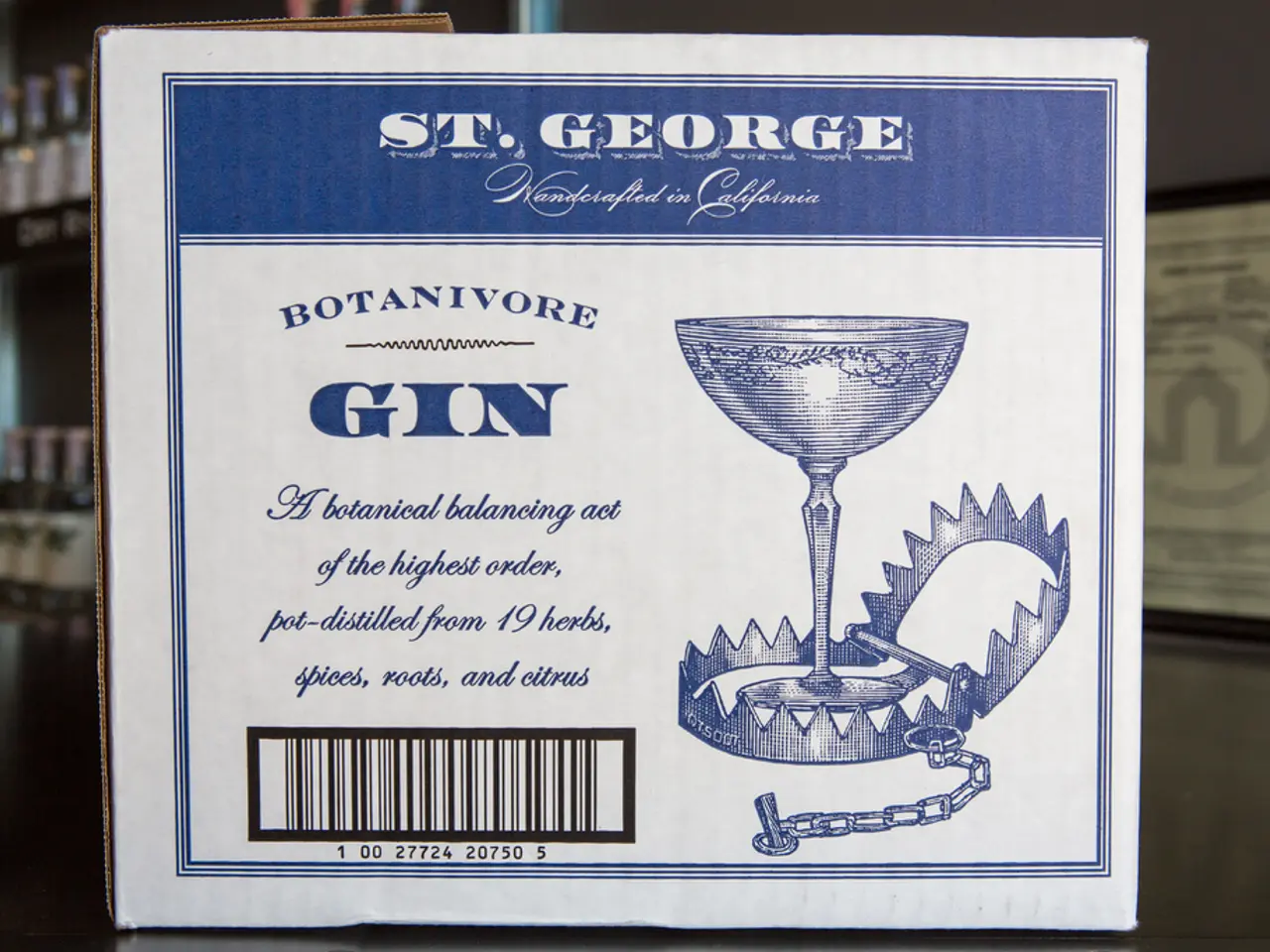Domestic Production or Cultivation
In the heart of New York, the Hudson Valley region is not just a symbol of love and pride, but also a bustling hub for the craft beverage industry. Amidst a national landscape where 399 craft breweries closed in 2024, local establishments like Catskill Brewery are resonating regionally and beyond.
Catskill Brewery: A Community Gathering Space
Founded with the goal of making excellent beer and serving as a gathering space for the community, Catskill Brewery has carved out a niche for itself. The brewery's LEED Gold certified facility, designed and operated in an energy-efficient manner, reduces its environmental impact. Mike McQuiston, head brewer and alchemist, even enjoys the locally sourced venison sausage from the Catskill Food Truck stationed at the taproom, which features reclaimed barnwood.
The Farm-to-Glass Movement
Hudson Valley drinks producers, particularly those involved in the craft beverage and cider industries, are redefining the farm-to-glass movement. They employ several sustainable and holistic practices.
One key strategy is local sourcing. Hudson Valley hard cideries rely heavily on local agriculture, sourcing apples from nearby orchards. This not only enhances the quality of the cider but also supports sustainable farming practices.
Cideries often collaborate with local growers to ensure consistent apple quality and supply. This collaboration is vital for maintaining the reputation of Hudson Valley ciders as high-quality, artisanal beverages.
By supporting local agriculture, these cideries contribute to the economic vitality of both the agricultural and craft beverage sectors in the region.
Holistic Practices
The cider industry in Hudson Valley benefits from seasonal apple harvests, shaping production cycles and influencing what products are available throughout the year. This aligns with holistic principles of respecting and working with natural cycles.
The integration of local farming with craft beverage production encourages innovation in cider styles. This diversity in offerings caters to a wide range of consumer preferences while maintaining a strong connection to local biodiversity.
A commitment to quality and tradition is integral to a holistic approach to food and drink production. By focusing on traditional methods and local ingredients, Hudson Valley drinks producers maintain this commitment.
Other Notable Establishments
Quartz Rock Vineyard and Cider House in Marlboro, run by Jacqui Ferrari and Dan Heavens, grows various fruits on their 54-acre estate and sells them through CSAs, farmstands, and donates two pieces for every one sold in a CSA to a food pantry and community center.
Seminary Hill Catskills, run by Susan Manning and Doug Doetsch, has over 60 varieties of cider and dessert apples and pears producing fruit. They practice holistic sustainability, including organic farming, local sourcing, energy conservation, and employing local people. Manning and Doetsch contribute about $1.2 million in labor costs annually to the local community.
Dassai Blue, a sake brewery in Hyde Park, NY, is a partnership between the Japanese sake brand Dassai and the Culinary Institute of America. They produce sake classified as Junmai Daiginjo, which means their rice is polished to 50% of its original size. They aim to open new markets and partnerships this year across New York, especially in the metropolitan area.
Last year, Dassai Blue saw 11,000 people for tours and tastings at their distillery, learning about sake and enjoying a tasting paired with sushi. They use New York water and have been working with Isbell Farms in Arkansas to produce a U.S.-grown version of the Yamada Nishiki rice that goes into their product.
Happy Cork, an independent wine and spirits shop in Brooklyn, offers a curated selection of quality wines and spirits, with a focus on local producers and BIPOC-owned brands.
Some farmers in the Hudson Valley are turning to value-added agricultural goods, such as beverages, to supplement their income. As of 2022, there are 30,650 farms in New York State, marking a 14% decrease from 2012.
In the Hudson Valley, the craft beverage industry is not just about making excellent drinks; it's about community, sustainability, and a deep-rooted respect for tradition and the environment.
Read also:
- Medical professionals at St. Remigius Hospital's rear facilities in Alexian
- DC Police Takeover, Ukraine Developments, Alaska Summit, Glacier Episode, Covid-19 Updates
- RNA Aggregation in Neurodegenerative Disorders: Novel Approaches for Therapeutic Intervention
- Exploring Chiropractic Intervention for Frequent Urinary Issues: Key Factors to Ponder




